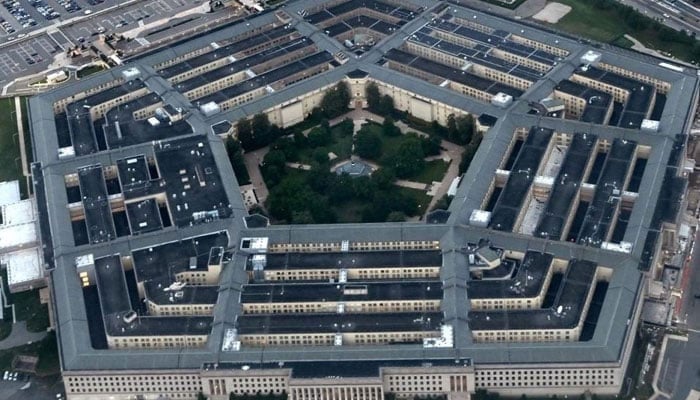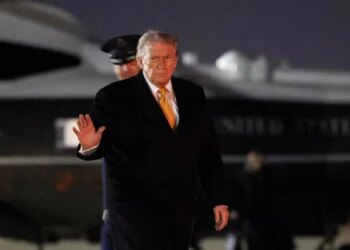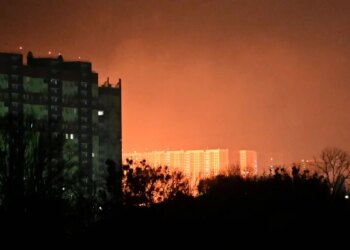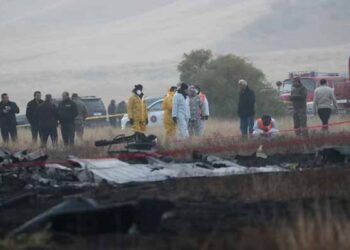Select Language:
The Pentagon reaffirmed its commitment Tuesday to reducing its military presence in Iraq, a move that a U.S. official said will involve Baghdad taking more control of efforts to eliminate Daesh remnants within its borders.
According to the plan, the U.S. and coalition partners will shift their focus to fighting Daesh in Syria and relocate most personnel to Iraq’s Kurdistan region for this mission. The official, speaking anonymously, noted that the U.S. had roughly 2,500 troops stationed in Iraq at the start of 2025 and over 900 in neighboring Syria, part of the coalition launched in 2014 to counter Daesh’s advance through both nations.
Once the transition is complete, the total number of U.S. military personnel in Iraq will drop below 2,000, with the majority based in Erbil. An exact figure and timetable remain undecided, the official added. Troops still in Baghdad will primarily focus on routine bilateral security cooperation rather than counter-ISIS operations.
“ISIS no longer presents an ongoing threat to the Iraqi government or the U.S. homeland from within Iraq,” a senior defense official said. “This significant achievement allows us to responsibly transition security responsibilities to Iraq.”
This move provides reassurance to Baghdad, which has long been concerned about U.S. troops attracting instability and being targeted by Iran-backed groups. Last year, the U.S. agreed to withdraw from the Ain al-Asad airbase in western Anbar Province and hand it over to Iraq. The official indicated that the transfer process is ongoing but declined additional details.
While the Trump administration had also planned to reduce forces in Syria, the official said that is currently on hold, contingent upon conditions. The U.S. remains worried about Daesh fighters still operating in Syria and the potential for thousands imprisoned in camps to escape.
Syria’s President, Ahmed al-Sharaa — a former al-Qaeda leader — led rebel forces that toppled Bashar al-Assad’s government last year. President Donald Trump met with him in Riyadh in May. Regional leaders and Western allies continue to warn that Daesh might take advantage of Syria’s ongoing instability to resurge.







